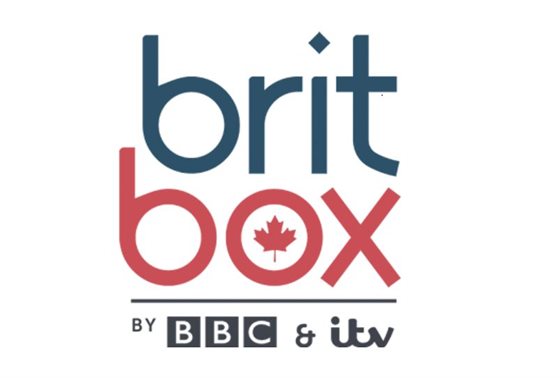BritBox is the newly-announced streaming service which will house the biggest collection of UK TV content anywhere. But is it really a credible rival to Netflix? And what effect will it have on the future of new UK TV? Professor Felix Arndt takes a closer look.
The online streaming market is maturing. The merger from ITV and BBC to BritBox is a first wave of consolidation in the market. Consolidations – the acquisition or merger of several players, often to increase size and thereby competitiveness – is typical in industries in which clearly defined customer expectations drive competition and rivalry.

BritBox, BBC’s and ITV’s answer to Netflix, will offer the content of both platforms, primarily focused on existing British TV content. We expect Doctor Who, Miss Marple, Mr. Bean, but also Star Wars, James Bond, Harry Potter, and Mamma Mia to be available at all times and for all our moods on the BritBox.
This could work well in the UK – Britain, with its medieval pub names, fiercely-protected monarchy and rigorous customs has always had a love affair with nostalgia. A full set of classic British entertainment should go down a storm.
But is there space for both Netflix and BritBox in Britain and maybe even beyond? BritBox already exists in the USA with 500,000 subscribers. Netflix’s idea of competition has moved away from online TV to screen time; meaning their competitive space is shared with Facebook, TikTok, YouTube or video games.
Admittedly, while this focus may distract from future competitors like the BritBox in the industry, Netflix may not fear competition with old content. A Netflix self-production has recently been nominated for an Oscar and the highly competitive viewer counts for their self-produced TV series show that viewers thirst for new content. It is precisely this new content which has established such a competitive advantage for Netflix over other streaming services.
Can a UK Greatest Hits collection really compete with that?
The other issue is that of licence fees.
No one really argues that the BBC produces benchmark work with documentaries and news that are used everywhere in the world. As such, it is an internationally-leading provider of quality screen content. This exceptionalism has been financed by an increasingly outdated business model of license fees.
Considering this, BritBox starts to look like an attempt to renew the Beeb’s business model. But BritBox needs to make it clear how it adds to the viewers’ experience given that, while very handily collected together, most of what the service is set to offer has at some point been screened and therefore paid for by licence fees. Will people really want to pay for something twice?
In 2017 alone, almost 800,000 households quit their BBC license often in favour of a streaming service (Netflix or Amazon Prime). The problem seems to be that there is currently a trade-off between new and old content as well as a limit to the willingness (or ability) to pay for online TV entertainment service. How is BritBox offering an alternative to the demand for watching new shows and movies?
BritBox in its currently presented format doesn’t seem to be the answer to the competitive decline of ITV and BBC. It competes with the currently very valuable BBC license fees, it does not offer a renewed business model, and it relies on the assumption that people are either capable of paying extra for the subscription beyond new content providers or don’t care for new content.
Britain has a long history and tradition as the European center of excellence in journalism and screen production. BritBox seems to be an unnecessarily desperate move that may increase the pressure on the BBC content provision and may be counterproductive in creating additional revenue streams. Let’s hope that the BritBox is the first sign we’re not about to lose British TV altogether.
Posted on Wednesday 13 March 2019